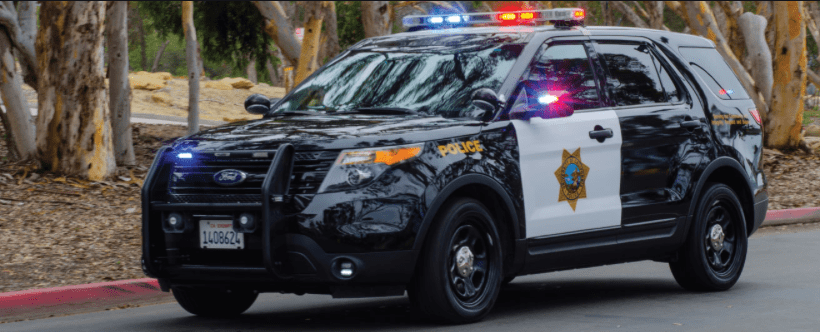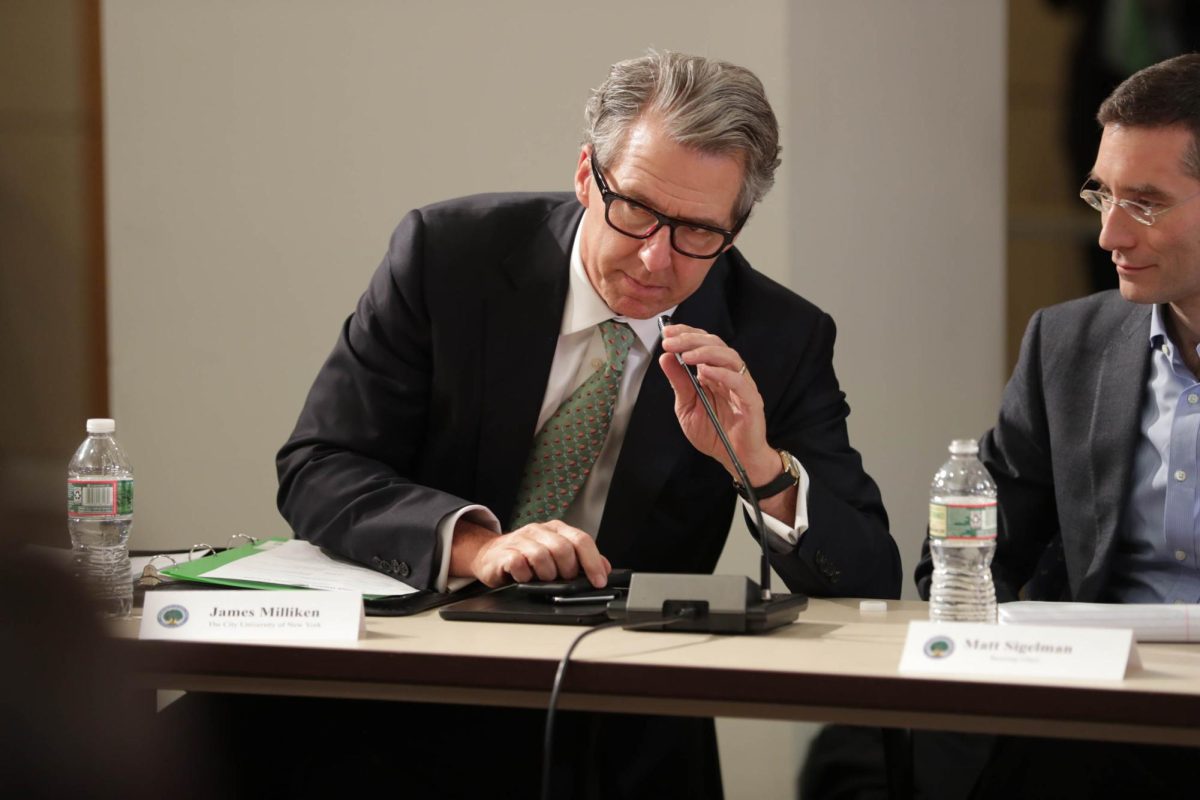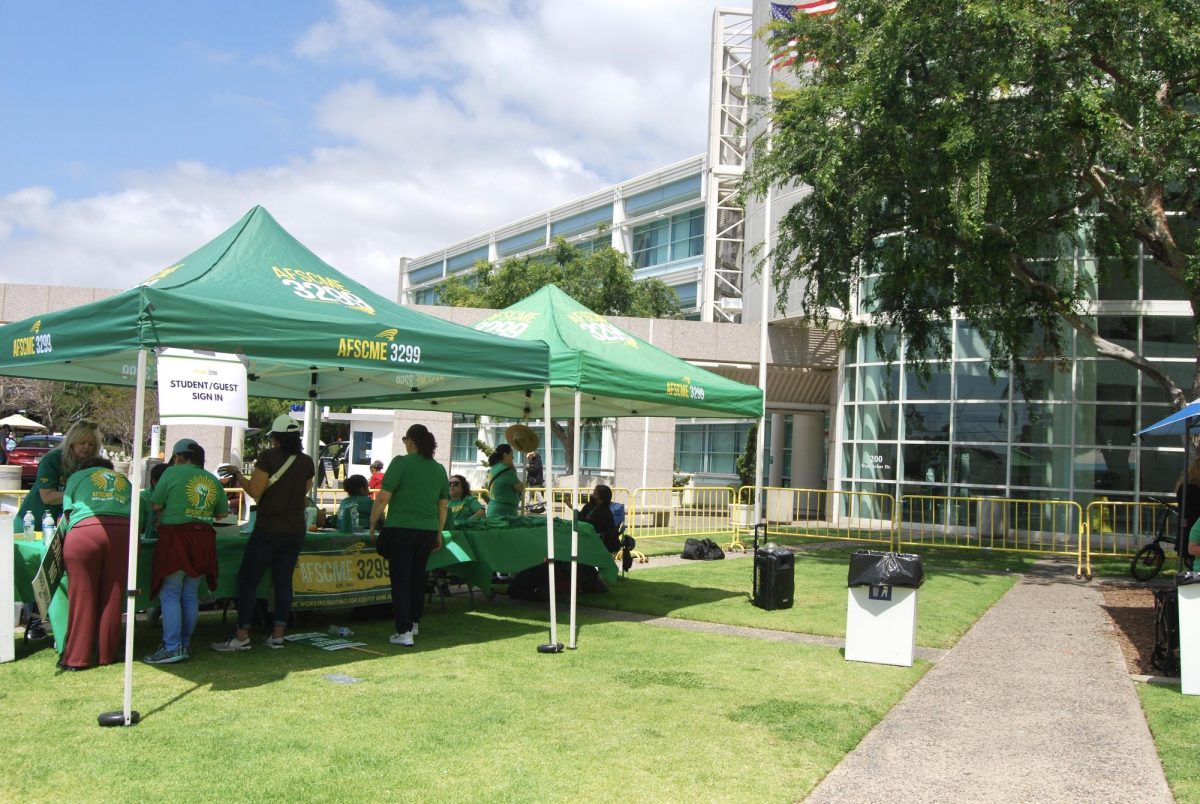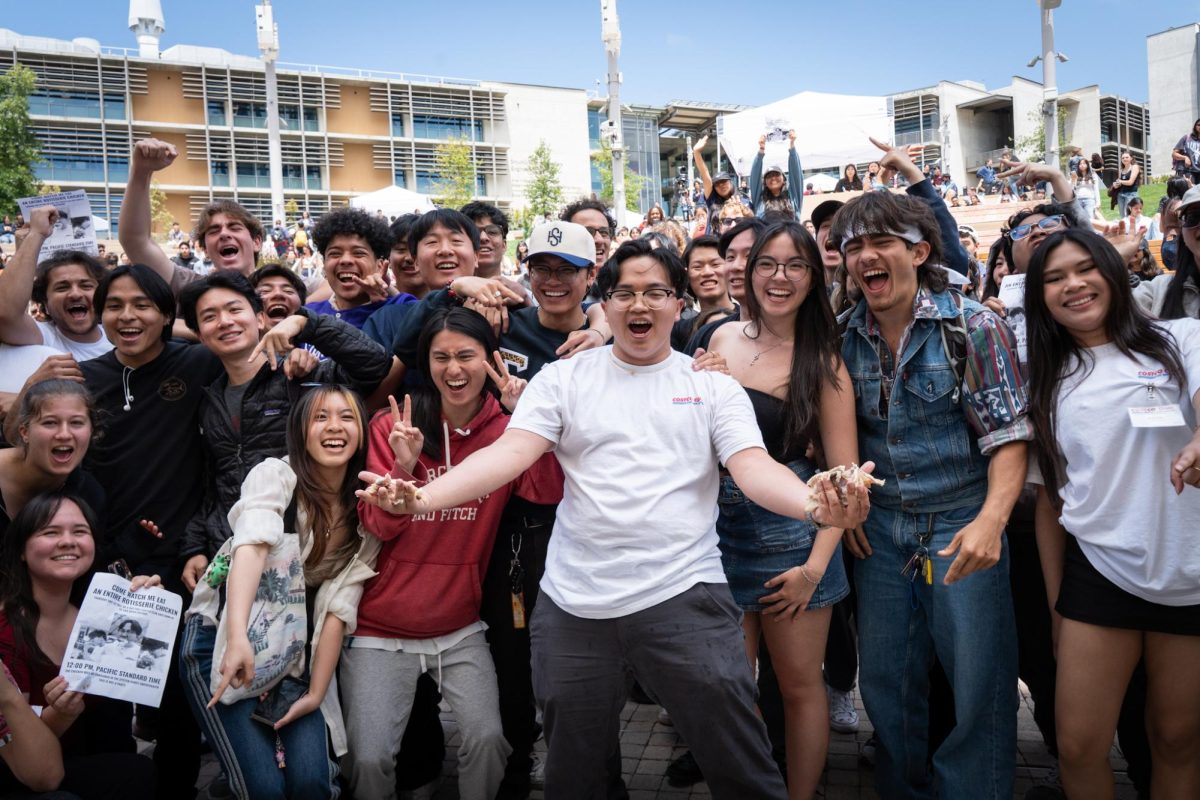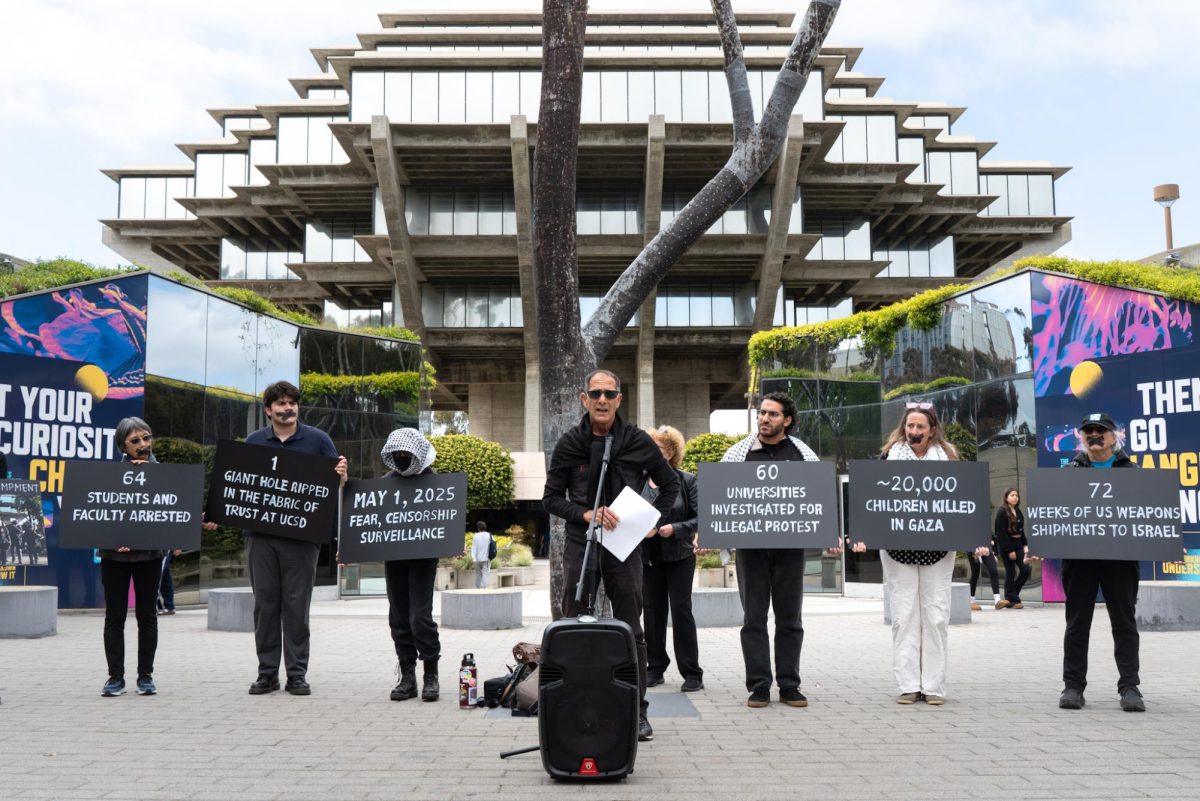In a statement released on June 2, University of California Student Association President Varsha Sarveshwar called for systematic changes across all UC campuses to better represent and address the needs of black students. The requested changes include academic accommodations for students across all UC campuses and the dismantling of the University of California Police Department as it currently operates.
Sarveshwar’s statement began with expressing grief and frustration over the deaths of black individuals and police violence across the country. She then turned to acknowledge anti-blackness within the UC system and UCSA as an organization; she cited a lack of black student representation on the UCSA board and the system’s “inability to give the Racial Justice Now campaign the support and investment it needs.”
In an interview with The UCSD Guardian, Sarveshwar explained that by the end of the 2019-2020 academic year, four of the 15 UCSA elected board positions identified as black.
Sarveshwar continued by calling for the UC system as a whole to take specific courses of action to support black students.
“The prohibition on affirmative action and the lack of investment in outreach, recruitment, and retention efforts must be dismantled,” the statement read. “The University of California Police Department — which continues to arrest, assault, and detain Black people with little to no accountability — must be disarmed and dismantled.”
According to UC San Diego’s 2018-2019 academic year’s student characteristics survey, only 2.6 percent of the more than 35,000 students studying at UCSD identify as African American. Across all UC campuses, only 4 percent of students identified as African American.
Sarveshwar commented to The UCSD Guardian that she wants the UCPD dismantled due to multiple instances of force on UC campuses in recent years. The most recent example she cited was UCPD’s reaction to UC Santa Cruz COLA strikes this past February.
“I am still drafting specific demands,” Sarveshwar explained. “But basically I want to advocate for significantly reducing UCPD’s size and budget, reducing or eliminating its ability to work with other PDs, creating more transparency around instances of use of force, and demilitarizing it and eliminating its ability to use lethal force.”
Sarveshwar sent a letter to UC President Janet Napolitano, UC Chair of the Board of Regents John Pérez, and Faculty Representative Kum-Kum Bhvani on June 1. This letter, which can be read in full here, asked for academic accommodations for students across all UC campuses due to the current protests as well as the ongoing pandemic.
“We want to be as clear as possible,” Sarveshwar’s letter read. “It is nothing short of inhumane to expect Black students to turn in assignments and prepare for finals as if their education occurs in a vacuum.”
The UC 2020 Spring Quarter finals week is scheduled to take place between June 8-12. In her letter, Sarveshwar requested a default pass/no pass grading option made available to all students by this time. She also called for faculty and professors to exercise more lenient grading practices and to actively modify their finals to be more accommodating of students’ needs, such as making them optional.
Many professors across the UC system have already changed their requirements for final exams on a personal basis. As of June 3, UCSD announced that all students would have the option to change their grading option to pass/no pass until the last day of finals week. UCSD also encouraged instructors to be lenient in their plans for final exams; however, the university maintains that no general guidelines or exceptions will be applied to finals.
The UCSD Guardian spoke with Karina Cota Fierro, a psychological and brain sciences student at UC Santa Barbara, who had two of her four professors alter their finals in response to the current protests.
“One cancelled the final completely while the other gave us two weeks to complete the online final. Another professor only commented on current events but said we should remain strong and focus on our final papers despite everything,” Corta Fierro said. “I do believe most professors should either cancel or make accommodations. Whether or not you are physically protesting, your mind is not present. Our attention is in the movement and what we can do. It’s odd to expect us to remain focused on something that now seems so trivial.”
As of June 3, Sarveshwar has not met with members of the UC Office of the President but was planning to reach out to Academic Senate leaders that afternoon. The UCSD Guardian contacted the UCOP, but they did not respond to requests for comment on Sarveshwar’s demands.
Photo courtesy of the UC San Diego Police Department.
This article’s title was updated to better reflect Sharveshwar’s goals.


